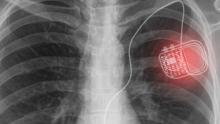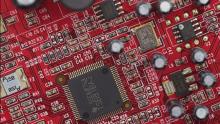Bringing high-tech industries to Hungary

The unequal development of industry is a major challenge in Europe. The EU-funded EPIC project created a new Centre of Excellence in Hungary, focused on cutting-edge industrial technologies such as digitalisation, big data analytics, robotics and artificial intelligence. The facilities and training programmes will boost local industry and support a new generation of high-skilled workers.









